Episode 46 – Human Dx Unknown with Rabih and UAB residents Drs. Shipley & Urquiaga – Anorexia and cough
The Clinical Problem Solvers
SEPTEMBER 18, 2019
She was raised in Jackson, TN and received her medical degree from East Tennessee State University, Quillen College of Medicine. In her free time she enjoys lifting weights and spending time with family, friends, and her Airedale Terriers, KC and Izzy. After residency, she hopes to pursue a career in gastroenterology.

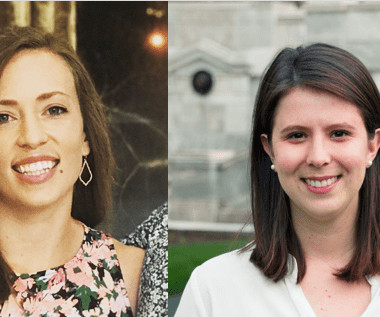
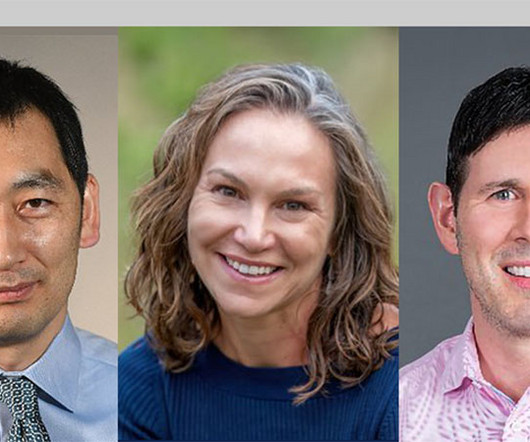
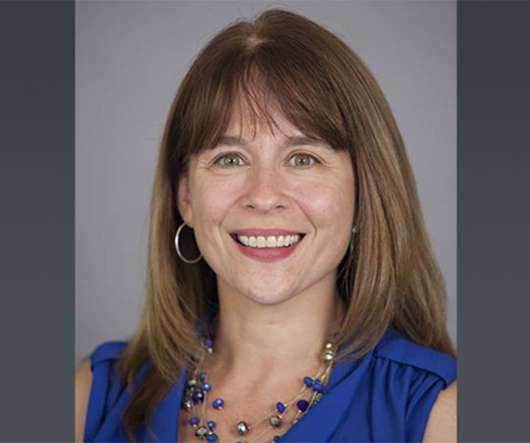
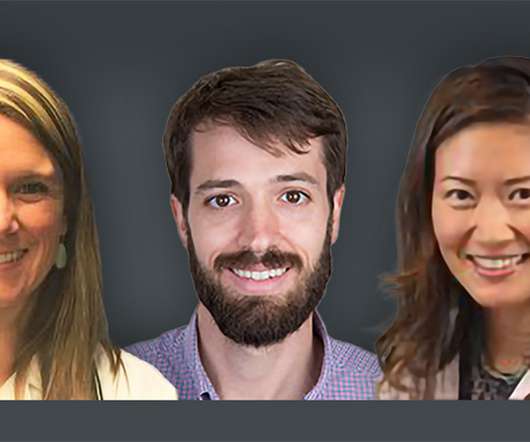
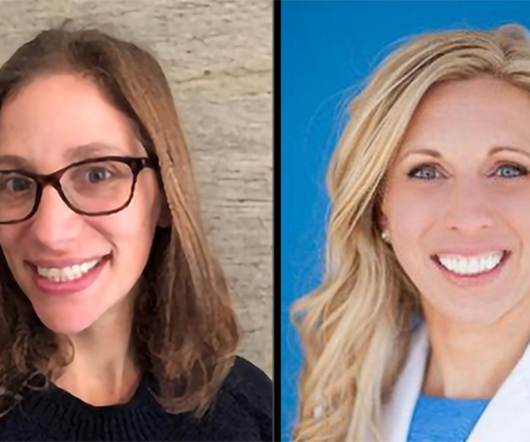

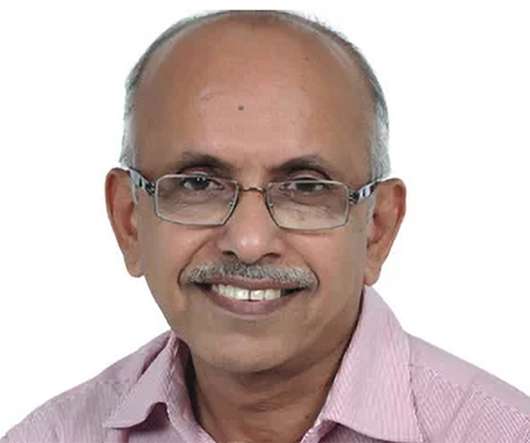








Let's personalize your content